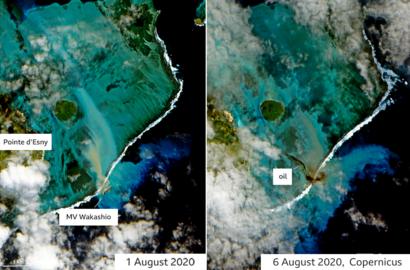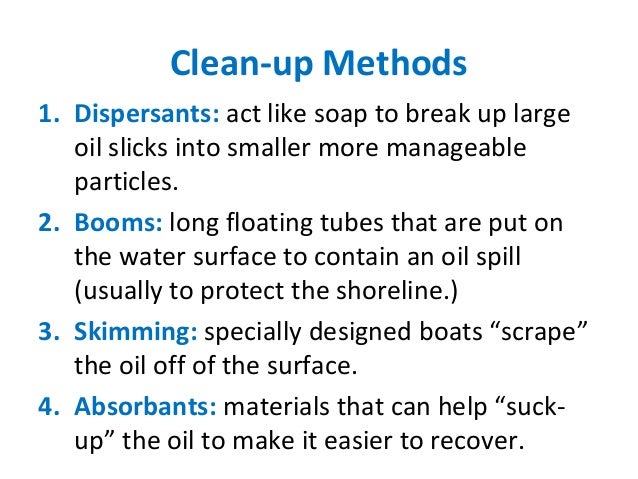
Why In News?
Recently, A Japanese ship named M V Wakashio struck a coral reef resulting in an oil spill of over 1,000 tonnes into the Indian Ocean.

More on the news:
- The accident had taken place near two environmentally protected marine ecosystems and the Blue Bay Marine Park Reserve, which is a wetland of international importance.
- A number of popular tourist beaches and mangrove plantations are located nearby the spill.

Concerns associated with oil spills:
- Oil spills affect marine life by exposing them to harsh elements and destroying their sources of food and habitat.
- Both birds and mammals can die from hypothermia as a result of oil spills, for instance, oil destroys the insulating ability of fur-bearing mammals, such as sea otters.
- It also decreases the water repellency of birds’ feathers, without which they lose their ability to repel cold water.
- Conservationists are also anxious about oil washing into mangrove forests, where roots serve as nurseries for fish.
- Concerns are also growing for the thousands of local people whose livelihoods will be impacted by the spill.
- The damage could impact Mauritius and its tourism-dependent economy for decades.
Methods of Cleaning the oil spill:

There are a few ways to clean up oil spills:
- Including skimming–It involves removing oil from the sea surface before it is able to reach the sensitive areas along the coastline.
- In situ burning – It means burning a particular patch of oil after it has concentrated in one area.
- Release of chemical dispersants–Releasing chemical dispersants helps break down oil into smaller droplets, making it easier for microbes to consume, and further break it down into less harmful compounds.
- Natural actions –Natural actions in aquatic environments such as weathering, evaporation, emulsification, biodegradation and oxidation can also help reduce the severity of an oil spill and accelerate the recovery of an affected area.
Other instances of oil spills:
- Some of the world’s largest oil spills include the Persian Gulf War oil spill of 1991 when more than 380 million gallons of oil was poured into the northern Persian Gulf by Iraq’s forces.
- The 2010 Deepwater Horizon oil spill in the Gulf of Mexico is also considered to be among the largest known accidental oil spills in history. Starting April 20, 2010, over 4 million barrels of oil flowed over a period of 87 days into the Gulf of Mexico.
- In 2016, a United States Geological Survey (USGS)-NASA study found that the 2010 oil spill led to “widespread” shoreline loss along with the heavily oiled areas along Louisiana’s coast.
- Recently occurred Oil spill in Russia’s Arctic region.

For more such notes, Articles, News & Views Join our Telegram Channel.
Click the link below to see the details about the UPSC –Civils courses offered by Triumph IAS. https://triumphias.com/pages-all-courses.php


